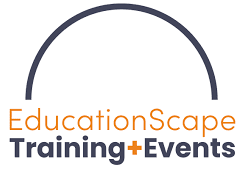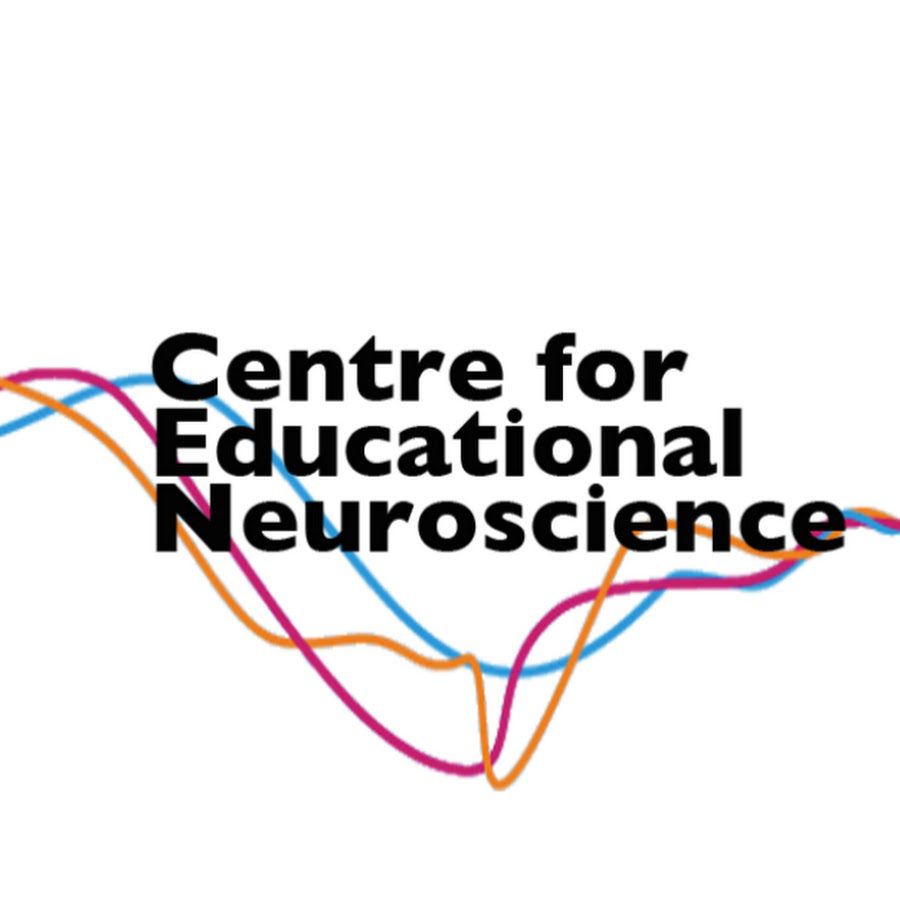
As the world of work evolves, the promises of higher education is under increasing pressure. Rising costs, shifting labour markets and growing questions about the return on investment are forcing students, institutions and policymakers to reassess the value of a university degree. Ahead of the 9 September launch of this year’s Education at a Glance, […]

Join the Education Policy Institute on Wednesday 10th September for the second webinar in our series in partnership with Capita – How is technology being deployed in schools to support inclusion? Reflecting on how to improve the experience of students with SEND in the education system is critical. For children on SEN support the attainment gap at age 16 […]

Mobile phones are everywhere and so are the risks. From viral TikTok challenges to encrypted group chats, anonymous apps to rising concerns around incel culture, extremism and digital misogyny, schools are facing a rapidly evolving safeguarding landscape. The pressure to act decisively, and wisely, has never been greater. In the wake of the hit TV […]

What happens when children are empowered and become true partners in shaping policies, research and institutions? Empowering children to meaningfully participate in decision making is not only a rights-based imperative, but it also leads to more inclusive, responsive and effective outcomes for individuals and communities alike. From co-creating school rules and curricula to participating as […]

Teachers deserve professional development that is impactful and meaningful, and work environments that foster agency and joy, so that they stay in the profession and thrive. At this values driven event, we will explore what teacher professional growth feels like in 2025 and what leaders and policy makers can do to create inclusive cultures of […]

Join our webinar to critically examine Learning Engineering in an AI-driven world. We’ll discuss how rapid advances in AI and generative tools are reshaping educational design, exploring whether Learning Engineering is the right approach today. Grounded in the Science of Learning, we’ll consider the promises and challenges of integrating AI, such as hyper-personalized learning, equity, […]

What kind of teaching do we need for the future we want? As global expectations for learners rise, so too do the demands placed on our teachers. While many education systems focus on what students should learn to thrive in an uncertain future, they also need to consider how to best support teachers so they, […]

It is a trying time to be a Trust, school, or college leader. Today’s education leaders face rising expectations, shrinking budgets, staff shortages, and mounting accountability pressures. They are expected to deliver high-quality education, drive improvement, support wellbeing, and lead inclusively—all while under intense scrutiny from Ofsted and performance frameworks. These challenges leave little room […]

In this webinar Sarah Chicken and Alison Porter will discuss the approaches they have used to develop innovative pedagogic practice in primary and early years settings. Their projects took place against a backdrop of policy change. In Wales, children’s participative rights are now part of the early years curriculum framework; in England, learning a Modern […]

A major research project to explore the impact of Shakespeare’s works and RSC teaching approaches on Year 5 pupil writing, and give teachers innovative tools to improve it. Rehearsal Room Writing is a major research project, funded by the Department for Education’s Accelerator Fund, exploring the impact of Shakespeare’s works and RSC teaching approaches on […]

PISA for Schools is an OECD assessment that evaluates 15-year-old performance on reading, mathematics, and science. It also gathers insights into students’ learning environment, engagement and well-being, offering schools valuable data that help them benchmark performance internationally and improve education outcomes. A central ambition, and ongoing challenge, has been translating these insights into meaningful actions that […]

The future of teaching will be shaped by its capacity to innovate, and that innovation often begins in the classroom. As traditional educational models struggle to meet the needs of today’s learners, a growing movement is reimagining teaching as relationship-centered, metacognitive and something that is grounded in real-world problem-solving. But what kind of support do […]

When 1.6 million pupils are persistently absent from school (Centre for Social Justice, 2025), it’s not a compliance problem – it’s a design failure. On Tuesday 3 June, join radical education practitioners and researchers at our virtual conference as we challenge the very premise that physical school buildings are necessary or beneficial for an increasing […]

This session will be led by Dr Emma Meaburn (Birkbeck, University of London). Further information to come closer to the time of the event. This talk is part of a webinar series from the Centre for Educational Neuroscience at UCL, Birkbeck University and the UCL IoE. You can register here to receive weekly updates about […]

This session will be led by Dr Maureen Ruby (Sacred Heart University). In our rapidly evolving global educational landscape, one thing remains constant: the brain is our common ground. This presentation will explore how a foundational understanding of educational neuroscience can transform not what and how we design curriculum, teach, assess, lead, and parent. Two […]

This session will be led by Elisabeth Knight (University of Sheffield). Further information to come closer to the time of the event. This talk is part of a webinar series from the Centre for Educational Neuroscience at UCL, Birkbeck University and the UCL IoE. You can register here to receive weekly updates about the seminar […]

This session will be led by Dr Roman Feiman (Brown University). This webinar will delve into the evolving role of Large Language Models (LLMs) in cognitive science. Once dismissed as inadequate representations of human thought, modern LLMs now exhibit reasoning abilities that were unimaginable decades ago, reigniting debates about their potential as models of cognition. […]

In this webinar, Dr Francesco Sella (Loughborough University) will talk about the development and validation of an early numeracy scale designed to assess key numerical skills in preschool children. The scale includes eight tasks: Dots Comparison, Highest Count, Give a Number, Set Transformation, Number Naming, Number Comparison, Number Sequence, and Arithmetic. A sample of 675 […]

Relational thinking, or the ability to reason about relationships between mental representations, is a cornerstone of reasoning and decision-making. In this talk, Professor Silvia Bunge will make the case that relational thinking should be considered an executive function, and will provide evidence that it supports math achievement. She will then discuss neural underpinnings of the […]

In this interactive webinar, the OECD will unveil new data about which jobs young people want and unpack why those job aspirations often fail to recognise the realities of the labour market. This is the largest ever study on the job ambitions of 15-year-olds, speaking to 700,000 students in 80 countries and economies. You will […]










